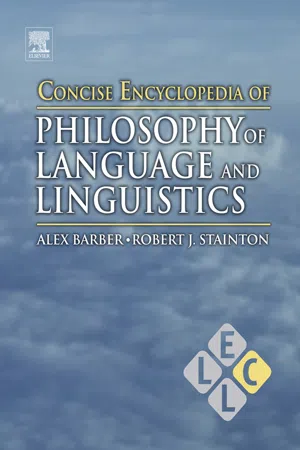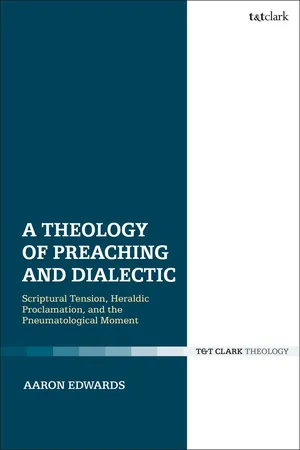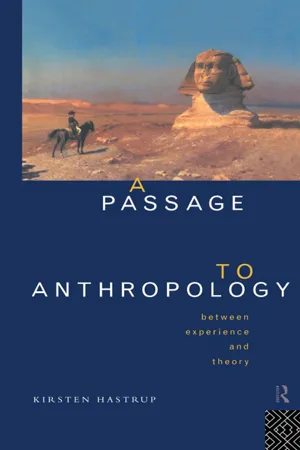Languages & Linguistics
Paradox
A paradox is a statement or situation that contradicts itself or seems to defy logic. It is often used in literature and rhetoric to create a sense of irony or to challenge the reader's assumptions. In linguistics, paradoxes can arise in the study of language structure and meaning.
Written by Perlego with AI-assistance
Related key terms
1 of 5
3 Key excerpts on "Paradox"
- Alex Barber, Robert J Stainton(Authors)
- 2010(Publication Date)
- Elsevier Science(Publisher)
P Paradoxes, Semantic T Kenyon , University of Waterloo, Waterloo, ON, Canada ß 2006 Elsevier Ltd. All rights reserved. The semantic Paradoxes are a group of logico-linguistic puzzles characterized by the key roles of semantic notions such as truth, reference, or mean-ing in their construction. Like any Paradox, their defining feature is that they force us to accept ab-surd consequences without employing any premise or concept that can easily be rejected. The semantic Paradoxes are usually grouped together for the pur-pose of distinguishing them from the logical or set-theoretic Paradoxes, the most famous of which are Russell’s Paradox, Cantor’s Paradox, and the Burali-Forti Paradox. The depth of difference between these two groups is not always clear, however, so it is unwise to attach much significance to the distinction. The Paradoxes The most significant of the semantic Paradoxes, the Paradox of the Liar, is also the most ancient, dating at least to the 4th century B.C.E. Eubulides of Miletus is the first known writer to have formulated it as a fairly explicit logical puzzle. In a still earlier form, the Paradox (often simply called ‘the Liar’) consisted of an utterance attributed to the philosopher Epimen-ides, who was said to have framed the implicitly puzzling statement ‘All Cretans are liars.’ The idea was that since Epimenides himself was a Cretan, his statement, if true, would be false. An allusion to this forerunner of the puzzle even surfaced in a biblical reference from the letter to Titus, whose author seemed to take Epimenides’ example rather too liter-ally: ‘‘Even one of their own prophets has said, ‘Cre-tans are always liars . . . .’’’ In any case, this version turns out not to be very obviously Paradoxical, since one need not always lie in order to count as a liar. One could be a lying rascal in general who happens to be telling the truth just this once.- eBook - PDF
A Theology of Preaching and Dialectic
Scriptural Tension, Heraldic Proclamation and the Pneumatological Moment
- Aaron P. Edwards(Author)
- 2018(Publication Date)
- T&T Clark(Publisher)
88. Dialectic, Paradox, Contradiction 73 On the one hand, the conclusion appears false; on the other hand, it apparently must be true. What appears to be cannot be, we assume. 91 In spite of the obfuscation of the term ‘Paradox’ in the modern dialectical theology school, it is still possible to see a pattern in the way it has been used throughout the theological tradition. Abstractly, a Paradox can be defined as a unified juxtaposition of seemingly incompatible polarities. Paradox is not a ‘method’ of thinking – it is a concrete status of two conjoined entities which appear to be irreconcilable. It is thus necessarily absurd and rational: ‘Paradox, though chaotic, contains order within it.’ 92 This seemingly absurd order relates to being rather than knowing. It is not a way of seeing reality, it is a particular reality itself. Paradox, thus understood, could be exemplified via the ontological status of a marriage, particularly in light of Pauline imagery: ‘ “A man will leave his father and mother and be united to his wife, and the two will become one flesh.” This is a profound mystery’ (Eph. 5:31–32). The concept of marriage involves two beings as one being while retaining their individual particularity. Evidently, the marriage itself is the Paradox – the status. However, to speak about how the two marriage partners interact within this Paradoxical status would be to invoke a type of dialectical method. Because it is impossible to know how two people may remain separate individuals within the ‘one flesh’ union, Paul refers to such a union as a ‘profound mystery’ (referring simultaneously, of course, to Christ’s union with the Church). Such naming can be said to be ‘dialectical’ because ‘mystery’ is a way of referring to and interpreting the Paradox – but it is not itself the Paradox. - eBook - ePub
A Passage to Anthropology
Between Experience and Theory
- Kirsten Hastrup(Author)
- 2013(Publication Date)
- Routledge(Publisher)
Chapter 2
The language Paradox
On the limits of words
The relationship between the language and the world is at the core of epistemology. It has been probed into from various philosophical angles, which have suggested as many ways of seeing it. In this chapter I shall limit my discussion to some areas that have particular pertinence for anthropology. My approach is pragmatic in the sense that I aim at identifying current concerns of anthropology as practice, rather than at tracing the history of anthropological thought about language. This, of course, is related to my wish to expand on the present. My principal focus in this chapter is on local or natural language, bút it reflects back upon anthropological language as well.As indicated by the heading of this chapter, I believe that there are serious limitations on local words and writings as sources of genuine anthropological understanding. The Paradox of language to which I refer lies in the fact that while it may indeed sometimes be difficult in real life to determine whether we are dealing with a social or a linguistic phenomenon, because language somehow is to the social as a measuring rod is to the measured, linguistics alone cannot unlock the complexities of social life (Ardener 1989b: 180). Language, spoken or written, measures bút does not represent. As measuring rod it imposes its own scale upon the plasticity of the social. This applies to local language as much as scholarly works.This reflects back upon the understanding of the relationship between language, culture and identity that always had a prominent position on the anthropological agenda. The discussion of this particular item has taken a new turn with the emergence of world-wide literacy, virtually if not actually or statistically. Literacy implies that part of any culture is now stored in writings, ranging from laws to poetry, and the question naturally arises how we should deal with this kind of material. The traditional ethnographic practice of eavesdropping outside the local walls of silence has been supplemented by a reading over broad native shoulders.1
Index pages curate the most relevant extracts from our library of academic textbooks. They’ve been created using an in-house natural language model (NLM), each adding context and meaning to key research topics.


